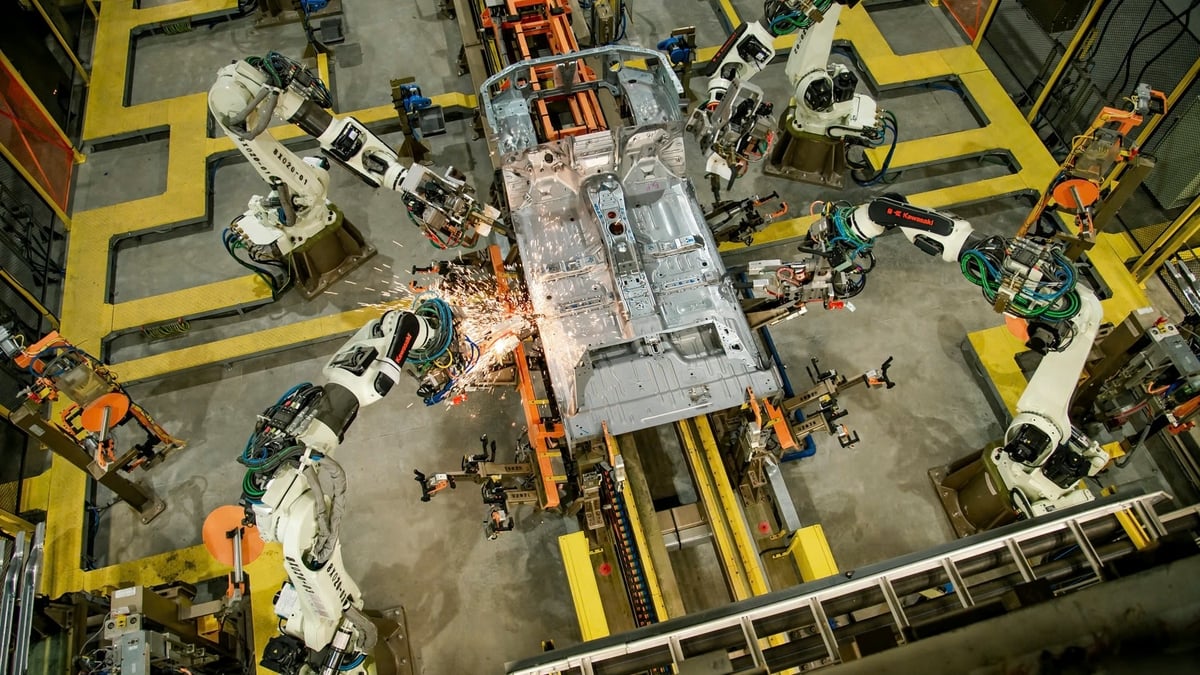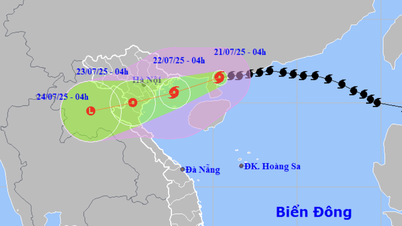
Gas stoves emit benzene, a flammable liquid that has been identified as a carcinogen - Photo: FREEPIK
According to Science Alert , gas stoves emit benzene, a flammable liquid that has been identified as a carcinogen.
Gas stoves increase the risk of cancer
Scientists used CONTAM - a software developed by the US National Institute of Standards and Technology (NIST) - to analyze and simulate the distribution of benzene concentrations in 24 residential floor plans.
Three levels of stove usage, low, medium and high, were established based on the number of stoves, fire strength and cooking time, and then compared under conditions with and without ventilation, such as opening windows or using a range hood.
A Stanford University-led research team found that the risk of cancer in children exposed to gas stoves was found to be 1.85 times higher than in adults, due to the higher amount of air inhaled relative to body weight.
According to Prevention , this study highlights a serious but often overlooked health problem: indoor air pollution caused by gas stoves.
Gas stoves emit benzene - a confirmed carcinogen - not only while in use but even when turned off.
The measured benzene levels were equivalent to breathing secondhand smoke or a traffic jam.
Ventilation is extremely important
Research also shows that high-efficiency range hoods can significantly reduce the amount of benzene in the air.
Exposure to benzene has been linked to most types of cancer, including leukemia, lymphoma, bladder cancer, and others. The World Health Organization (WHO) states that there is no safe level of exposure to benzene.
Research shows that people who use gas stoves without proper ventilation face the highest risk of cancer.
Therefore, it is necessary to open windows, turn on the hood, use fans and air purifiers to minimize the risk.
Source: https://tuoitre.vn/mot-thiet-bi-nha-bep-co-the-gay-nguy-co-ung-thu-20250521070925385.htm

























![[Photo] National Assembly Chairman Tran Thanh Man visits Vietnamese Heroic Mother Ta Thi Tran](https://vphoto.vietnam.vn/thumb/1200x675/vietnam/resource/IMAGE/2025/7/20/765c0bd057dd44ad83ab89fe0255b783)







































































Comment (0)